The biggest concern of EdTech practitioners in Vietnam is the rigidity of the education system. The 9X generation CEO hopes that Resolution 57 will not only provide guidance but will actually facilitate businesses to innovate.
Structural barriers cause the EdTech industry to miss many opportunities
Vietnam, Singapore and Indonesia are considered the three most promising educational technology (EdTech) markets in Southeast Asia.
Data from the Vietnam Edtech White Book 2024 published by EdTech Agency shows that there are currently about 750 EdTech businesses operating in Vietnam, providing a variety of hardware, software and service products.
Global Data estimates the size of the EdTech market in Vietnam to be around 3.5 billion USD.
However, while computer-based English testing has become the norm for many years in countries such as the US, UK, Australia, Canada, India and China... in Vietnam, paper-based testing is still popular, and there are still quite big barriers in popularizing modern tests such as PTE ( PTE has been officially recognized by the Ministry of Education and Training as an English certificate with equivalent value to IELTS ).
After the Covid-19 pandemic, the application of technology in the field of education has gradually been more widely accepted by the social community.
However, speaking with VietNamNet reporter, Mr. Peter Pham - Co-founder and CEO of PTE Magic said that what he is most concerned about is the rigidity in the education system, especially in public schools. Part of the reason comes from the operating and management model that still has many constraints, making the decision-making process slow, leading to the missing of many important opportunities.
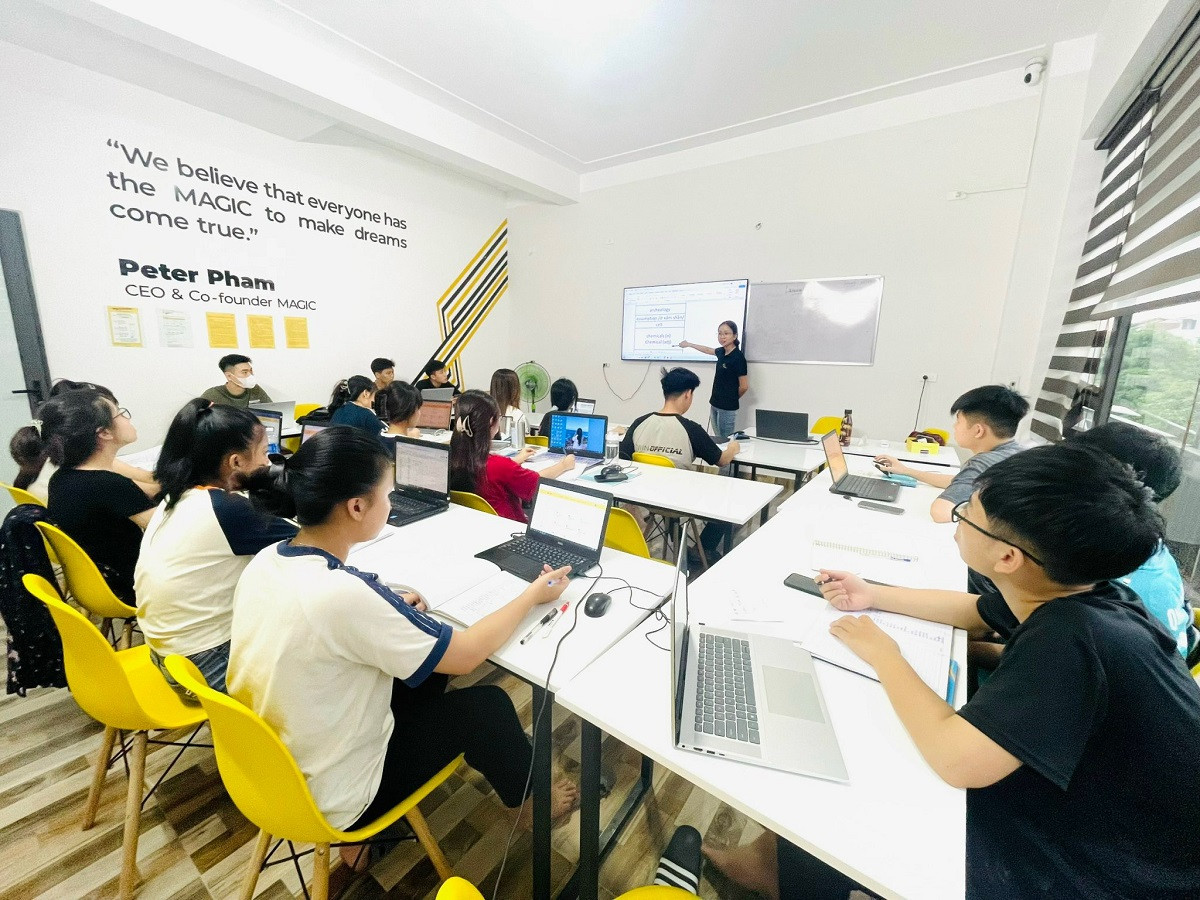
According to feedback from many students, foreign language and information technology training programs (core skills in the digital age) in Vietnam are generally quite outdated.
CEO PTE Magic warned that global education is developing at an increasingly rapid pace, especially under the impact of technology. If we do not change and adopt new things in time, the gap between Vietnam and other countries in the region will widen.
“If we fail to remove institutional barriers and simplify management methods so that schools can be more proactive in updating their curricula and applying technology to teaching, we will lose the opportunity to create a generation of globally competitive workers - young people who are talented, creative and ready to reach out to the world,” he warned.
Innovation in thinking for development
In recent days, Resolution 57 on breakthroughs in science, technology, innovation and national digital transformation has been likened to a "new wind" to promote Vietnam's socio-economic development.
The 9X generation CEO of PTE Magic is especially fond of the content of "raising awareness and innovating thinking" in Resolution 57, because this can create a turning point in changing society's perception of education and technology, bringing positive signals to help remove many barriers that PTE Magic as well as other EdTech businesses have been and are facing.
As mindsets change and the community becomes more open to computer-based testing, EdTech businesses will have a greater opportunity to popularize advanced educational solutions, continue to bring educational technology platforms closer to schools, parents and students, and knowledge will spread faster and more widely.
On the other hand, with the support and more favorable conditions of the legal corridor, enterprises with foreign bases such as PTE Magic (bases in Australia and the Philippines) will easily promote multinational economic activities, thereby creating more revenue for the state budget and creating a good working environment for highly qualified personnel.
EdTech businesses also have more opportunities to connect with many international resources, including high-quality human resources, advanced technology and successful training models from abroad. Thereby, not only upgrading products and services but also opening up the possibility of cooperation with many strategic partners to bring advanced international education standards to Vietnam.
In particular, Resolution 57 focuses on improving the business environment, simplifying administrative procedures, and creating more favorable conditions for innovative businesses.
“This helps EdTech businesses like us shorten project implementation time, access support policies faster, focus more on improving training quality, thereby developing more sustainably, and contributing more positively to the innovation of Vietnam's education system,” the CEO of PTE Magic emphasized.
Affirming that Resolution 57 is an important step forward, demonstrating a strategic vision to promote innovation and digital transformation in Vietnam, however, Mr. Peter Pham also noted that from policy to action, it needs to be implemented quickly, substantially, responsibly and with enthusiasm.
“Policy can be a compass, but implementation determines success. Vietnam has enough potential and resources. Now is the time we need a strong push to not only catch up but also rise up and shine on the regional and world education map. The opportunity to break through has come, the important thing is whether we dare to act to seize the opportunity or not,” he noted.
Source: https://vietnamnet.vn/go-rao-can-cho-doanh-nghiep-cong-nghe-giao-duc-2375360.html


![[Photo] Looking back at the impressive moments of the Vietnamese rescue team in Myanmar](https://vstatic.vietnam.vn/vietnam/resource/IMAGE/2025/4/11/5623ca902a934e19b604c718265249d0)



![[Photo] "Beauties" participate in the parade rehearsal at Bien Hoa airport](https://vstatic.vietnam.vn/vietnam/resource/IMAGE/2025/4/11/155502af3384431e918de0e2e585d13a)



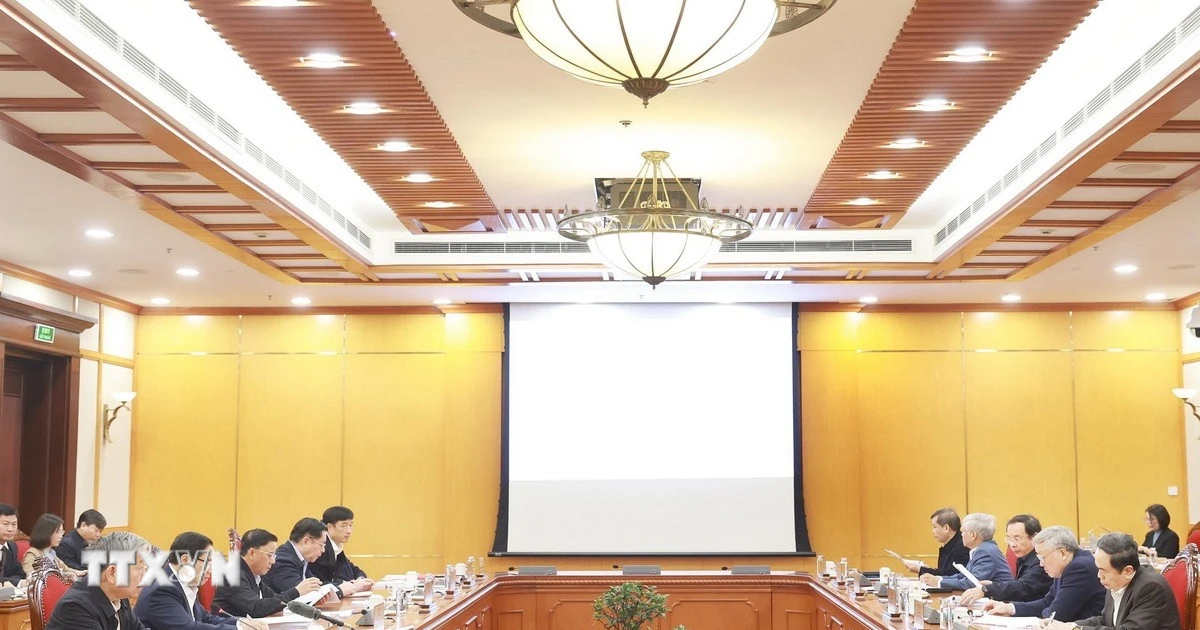





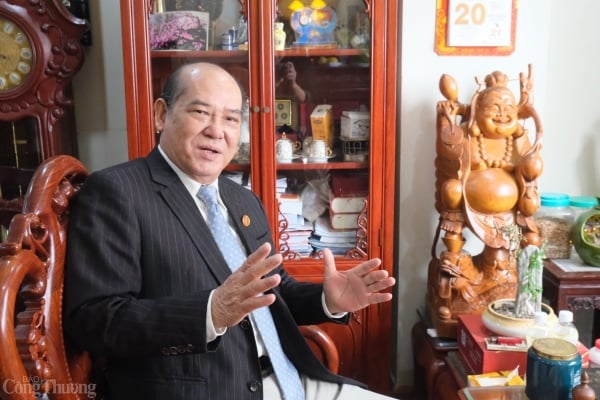


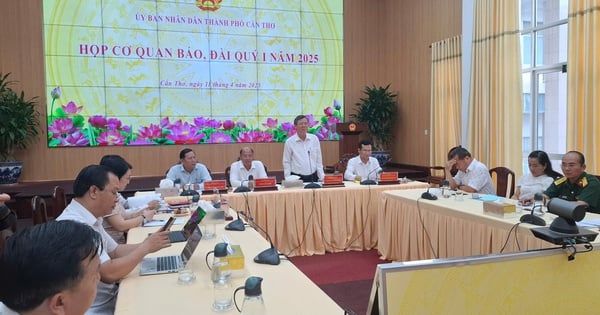

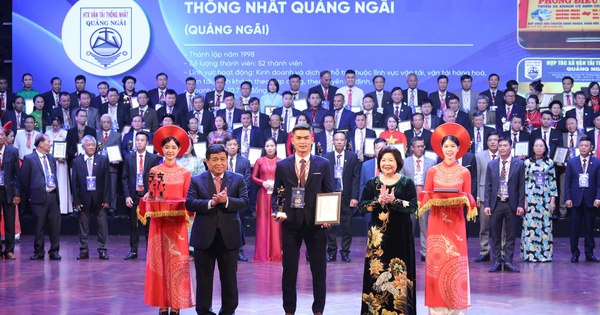

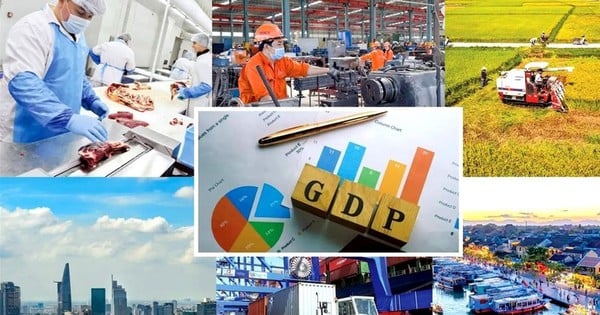


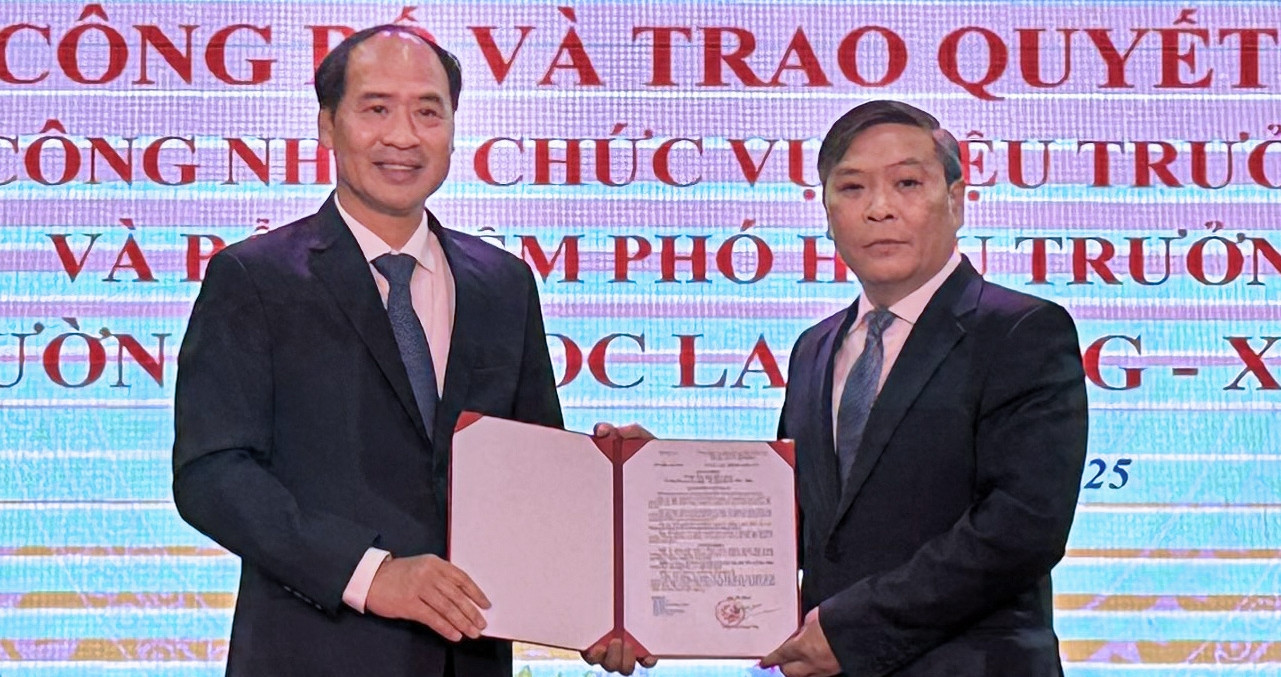


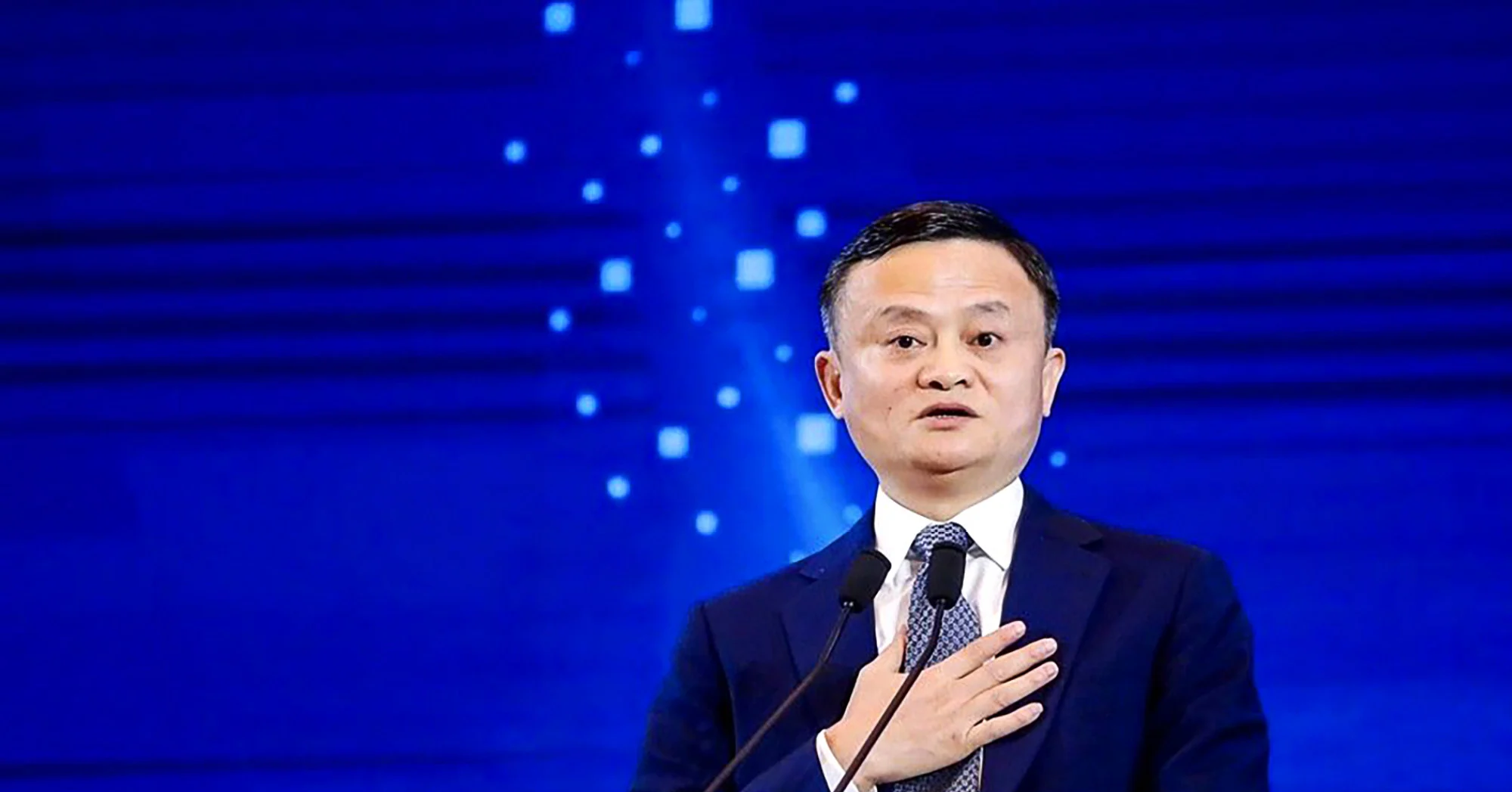


![[Photo] Summary of parade practice in preparation for the April 30th celebration](https://vstatic.vietnam.vn/vietnam/resource/IMAGE/2025/4/11/78cfee0f2cc045b387ff1a4362b5950f)

























































Comment (0)